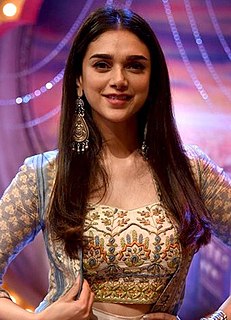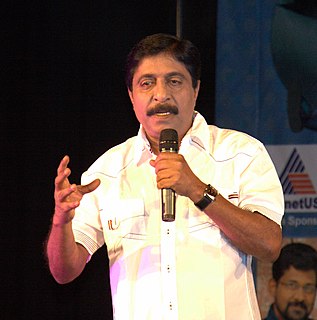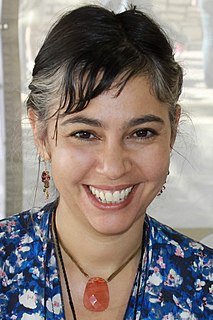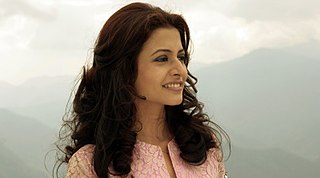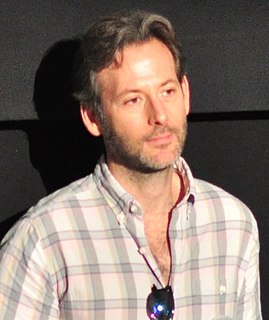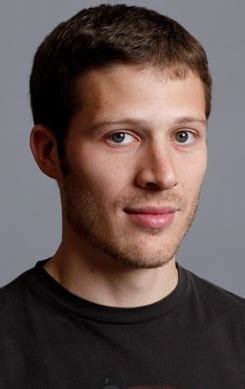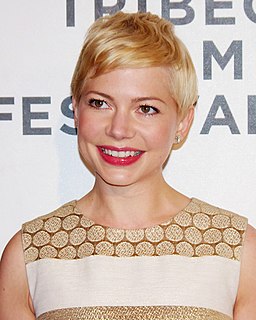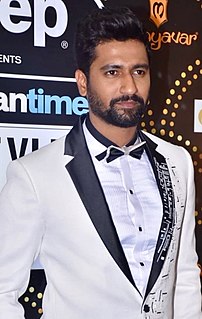A Quote by Aditi Rao Hydari
I don't want the baggage of knowing things when I walk on to a set. I am more comfortable being an empty slate, surrendering before a director and writer's vision. I've realised that this is the best way for me to function.
Related Quotes
The first thing you do as a producer is you try to understand the director's vision in as deeply a way as you can. Sometimes, you end up with a director that has more vision or sometime they have less vision. You hope that they have more. In the case where they have more, you need to understand it in the deepest way you can.
Right now you can allow yourself to experience a very simple sense of not knowing - not knowing what or who you are, not knowing what this moment is, not knowing anything. If you give yourself this gift of not knowing and you follow it, a vast spaciousness and mysterious openness dawns within you. Relaxing into not knowing is almost like surrendering into a big, comfortable chair; you just fall into a field of possibility.
I've never like had a system or a program, I always think that I don't know how to act. I'll adapt to any director because I don't really have a set way that I do things. If a director hires me and says, "I want you to get started right now and do this research, this research, this research and I want you to have every line memorized before you ever show up for the first day," then that's what I'll do.
Being pregnant taught me how to be a better writer. It was a lesson in negative capability and surrendering to necessity. Suddenly, my body instinctually yielded to the needs of this growing being, and I had no choice but to embrace what was happening and all that lay ahead, even if I was afraid and uncertain. So, while being a parent has made writing more challenging, it has also made being a writer more certain. There's no room to procrastinate; there is to time for fear.
It's kind of like being a writer in the sense that you always hear other writers say, 'Well, the best way to start writing is to just start writing.' The same goes for improvisation. You want to start improvising, just start playing notes. And the more you do that, the more comfortable - or not comfortable - but I guess how you're able to adapt to situations. You become more familiar with your instrument. As soon as you have a musical thought, you can go ahead and add to that musical thought and know your way around.
The best directing style is the one that lets me do whatever I want. Seriously though, I like to be challenged and I like to collaborate. I love finding the medium between what I think and what a director does. I hate when a director uses the "my way or the highway" approach. But it also sucks when they tell you everything you do is great and offer no input. It's a fine line a director has to walk. It is a hard job.
If I read a script and the subject stays with me - then that's when I want to go to work. Before, I was very addicted to being on set, and I was doing three or four movies a year for many years. Now, fortunately, I can go to work only when I am passionate about a project, and the rest of the time, I can live my life. I'm not interested in doing movies just as a marathon. When I go to work now, I have much more to give. But the other way, you get empty.
Once rehearsals are done the writer really doesn't have a function on the set. If the script is stabilized, then the writer becomes a celebrity tourist visiting the set, trying not to get in the way. It's very good for the ego, to go visit a film set if you are the writer, because they give you a special chair, and tell you where you can sit to watch the monitor. They make you feel special, but at the same time, they make it perfectly plain that you are irrelevant!
